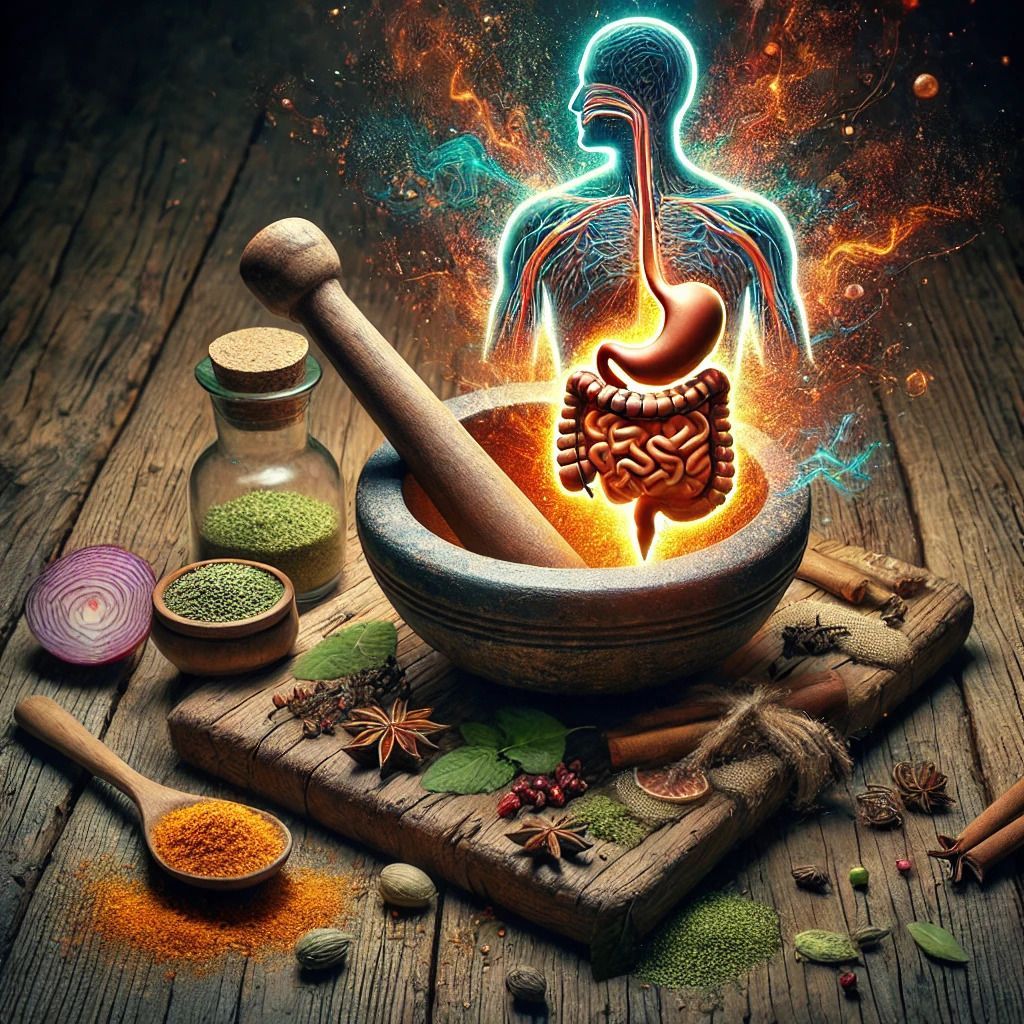Chronic pain is a condition that affects millions of people worldwide, often reducing quality of life and limiting daily activities. Unlike acute pain, which usually has a clear cause and short duration, chronic pain can persist for months or even years. Common causes include arthritis, migraines, back pain, nerve damage, and musculoskeletal conditions. While modern medicine offers several treatments, many individuals are now turning to acupuncture as a natural and effective method for managing chronic pain.
What is Acupuncture?
Acupuncture is an ancient healing technique that originated in China more than 2,000 years ago. It involves inserting very fine needles into specific points on the body, known as acupoints. According to traditional Chinese medicine (TCM), these points lie along pathways called meridians, through which life energy or “Qi” flows. Restoring balance in this energy flow is believed to promote healing and reduce pain.
How Acupuncture Works for Pain Relief
Scientific research suggests that acupuncture helps in pain management through multiple mechanisms:
-
Releases Endorphins – Acupuncture stimulates the nervous system, triggering the release of endorphins and other natural pain-relieving chemicals in the body.
-
Improves Blood Circulation – Needling specific points enhances blood flow, which supports healing in inflamed or damaged tissues.
-
Reduces Inflammation – Acupuncture helps regulate immune responses, lowering inflammation that often contributes to chronic pain.
-
Balances the Nervous System – It can calm overactive nerves, reducing pain signals and promoting relaxation.
Conditions Where Acupuncture Helps
Acupuncture has shown promising results in managing several chronic pain conditions, including:
-
Chronic back and neck pain
-
Arthritis and joint pain
-
Migraines and tension headaches
-
Fibromyalgia
-
Sciatica and nerve pain
-
Post-surgical or injury-related pain
Benefits of Acupuncture for Chronic Pain
-
Drug-Free Approach – Unlike painkillers, acupuncture does not involve long-term dependence on medication.
-
Minimal Side Effects – When performed by a trained professional, acupuncture is safe and well-tolerated.
-
Holistic Healing – Along with pain relief, many patients report improved sleep, better mood, and reduced stress.
-
Personalized Treatment – Sessions are tailored to each individual’s condition, making it highly adaptable.
Final Thoughts
Chronic pain can be challenging to manage, but acupuncture offers a safe, natural, and effective alternative or complementary therapy. By targeting the body’s energy flow and stimulating healing responses, acupuncture not only reduces pain but also enhances overall well-being. If you are struggling with persistent pain, consulting a certified acupuncturist could be a step toward long-lasting relief.




